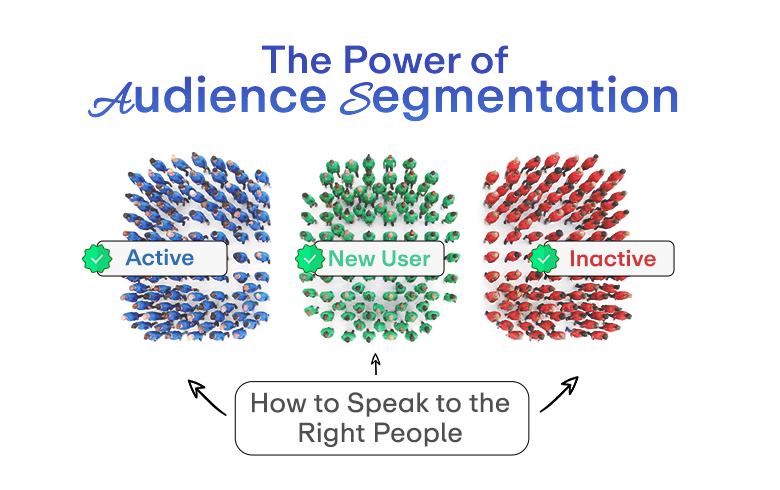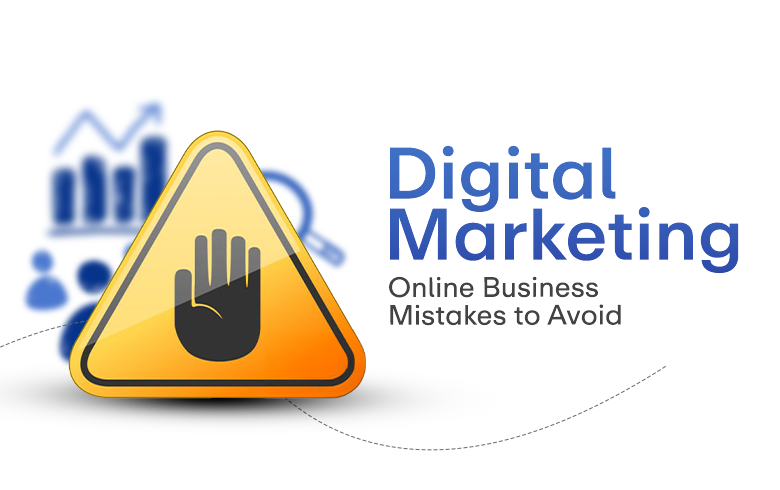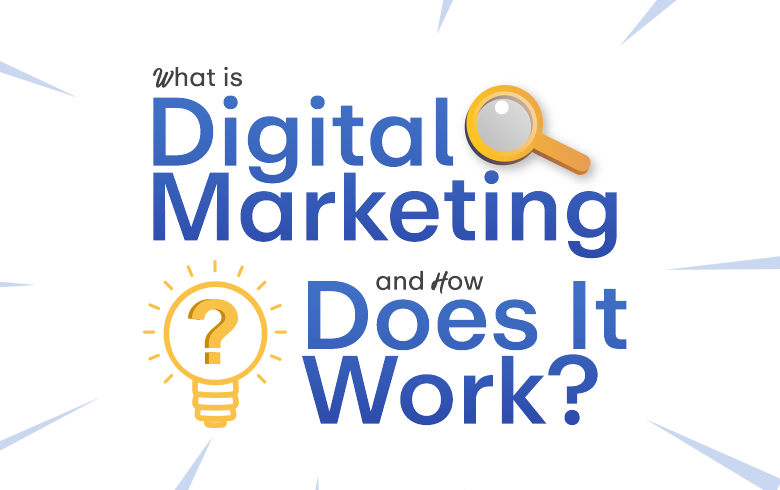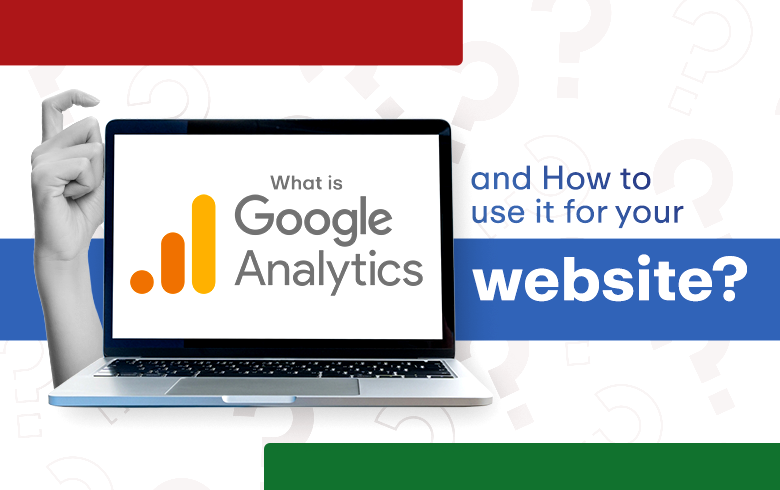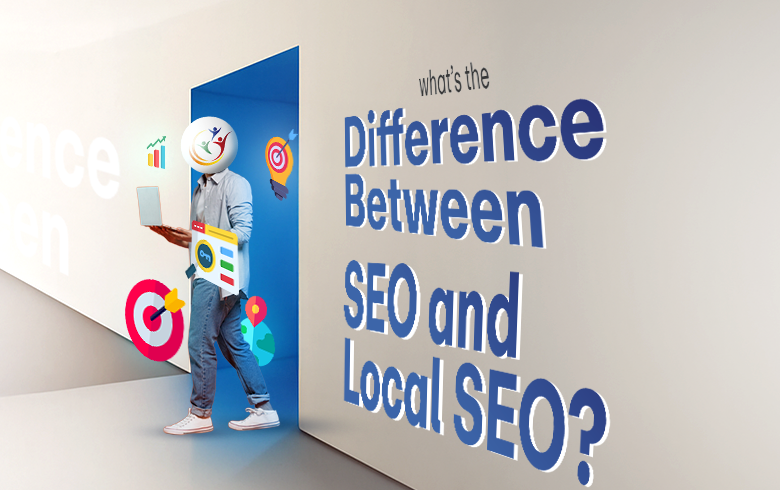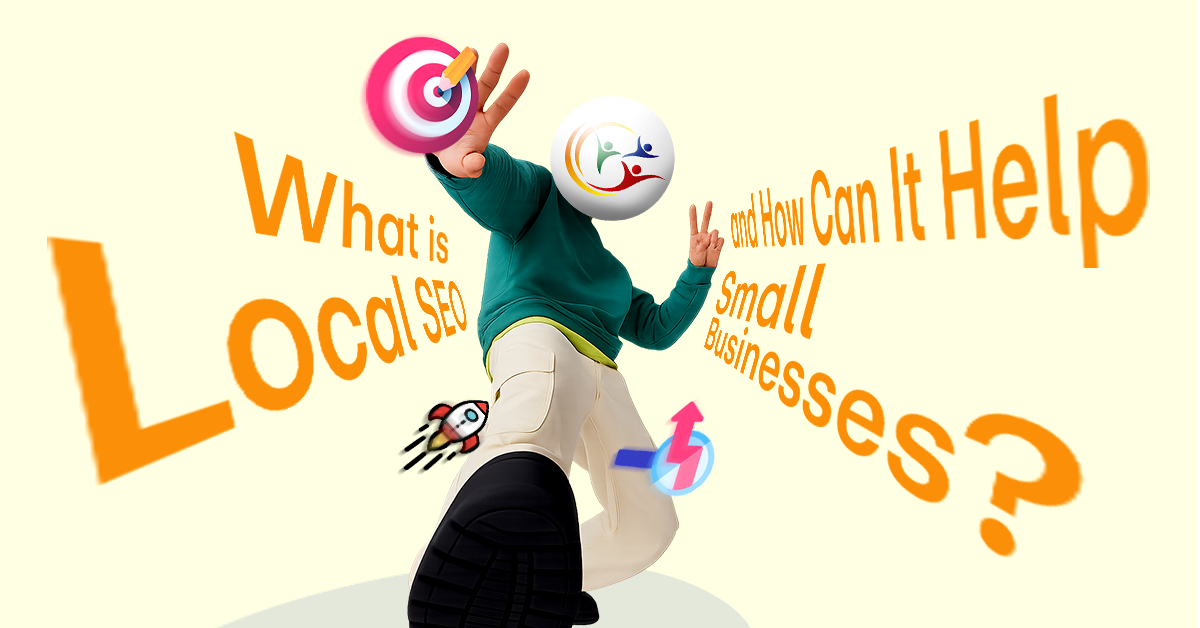SEO (Search Engine Optimization) is about improving your website’s visibility in search engines on a national or global level, while Local SEO focuses on attracting customers in a specific geographic area.
The key Difference between SEO and Local SEO is the audience they target.
Table of Contents
If you want to reach a wide online audience across countries or industries, SEO is the way to go. But if your goal is to bring customers from your neighborhood or city into your store, Local SEO is what you need.
In this guide, we’ll break down what is SEO, what is Local SEO, their similarities, differences, strategies, and why businesses should care about both.
What is SEO?
SEO, or Search Engine Optimization, is the process of improving your website so it ranks higher on search engines like Google, Bing, or Yahoo. The goal is to increase organic (unpaid) traffic by showing up when people search for keywords related to your business.
For example, if you run a digital marketing agency and someone searches for “best digital marketing strategies,” SEO helps your content appear on the first page.
What Are the Key Elements of SEO?
- Keyword Research – Finding search terms your audience uses.
- On-Page SEO – Optimizing content, meta tags, and URLs.
- Technical SEO – Improving site speed, mobile-friendliness, and crawlability.
- Content Creation – Writing blogs, guides, and resources that answer user queries.
- Backlinks – Earning links from other trusted websites to boost authority.
SEO is broad and not tied to location. A blog ranking in the U.S. can also attract readers from India or Australia if the content matches the search intent.
What is Local SEO?
Local SEO is a branch of search engine optimization focused on improving your visibility in local searches. It combines on-page optimization, Google Business Profile management, customer reviews, and location-based strategies to help small businesses stand out in their community.
Unlike general SEO, which aims to reach a broad audience, Local SEO targets customers within a specific geographic area. Think of it as digital word-of-mouth: it helps nearby customers find and trust you.
What are the Key Elements of Local SEO?
- Google Business Profile Optimization – Setting up and optimizing your free profile.
- Local Keywords – Targeting terms like “near me,” “in [city],” or “best [service] nearby.”
- NAP Consistency – Making sure your Name, Address, and Phone number are the same everywhere online.
- Reviews and Ratings – Encouraging satisfied customers to leave feedback.
- Local Citations – Listing your business in directories like Yelp, Yellow Pages, or Bing Places.
Local SEO is critical for small businesses that depend on nearby customers.
What Are the Core Differences Between SEO and Local SEO?
Here’s a breakdown of how SEO and Local SEO differ:
1. Audience Reach
- SEO targets a global or national audience.
- Local SEO targets people within a specific city, town, or neighborhood.
2. Keywords Used
- SEO: Generic keywords like “digital marketing trends” or “best running shoes.”
- Local SEO: Location-based keywords like “digital marketing agency in San Diego” or “shoe store near me.”
3. Search Results Appearance
- SEO results show websites, blogs, and videos.
- Local SEO shows the map pack, business listings, and reviews.
4. User Intent
- SEO answers research-based, informational, or global shopping needs.
- Local SEO captures customers ready to buy or visit nearby.
5. Optimization Strategy
- SEO focuses on content quality, backlinks, and site speed.
- Local SEO emphasizes business profiles, reviews, citations, and maps.
Why Businesses Need SEO?
SEO is essential for businesses that want to grow beyond their immediate neighborhood.
- Global Reach – Attract customers worldwide.
- Long-Term ROI – SEO builds authority over time.
- Brand Awareness – High rankings improve credibility.
- Traffic Growth – More visibility equals more leads and sales.
For example, an online store selling digital courses benefits more from SEO than Local SEO because it serves a global audience.
Why Businesses Need Local SEO?
Local SEO is a game-changer for small and medium businesses serving a specific area.
- Drives Foot Traffic – More people find your store when searching “near me.”
- High-Intent Searches – Local searches often lead to quick sales.
- Mobile Dominance – Most local searches happen on smartphones.
- Trust and Credibility – Reviews build confidence instantly.
If you own a restaurant, salon, clinic, or retail shop, Local SEO directly impacts your bottom line.
What Are the Similarities Between SEO and Local SEO?
How Are SEO and Local SEO Similar?
While they have differences, both share some common ground:
- Both aim to improve online visibility.
- Both rely on keywords to target audiences.
- Both need quality content to rank.
- Both benefit from mobile optimization.
- Both provide long-term growth if done correctly.
Which One is Right for You-SEO or Local SEO?
The choice depends on your business goals:
- If you want to reach customers globally → Focus on SEO.
- If you run a local business like a café or repair shop → Focus on Local SEO.
- If you want both online sales and local foot traffic → Combine SEO + Local SEO strategies.
How SEO and Local SEO Work Together?
In reality, most businesses benefit from using both strategies. For instance:
- A law firm may use SEO to rank for blogs like “How to file a lawsuit” while using Local SEO to attract clients searching “lawyer near me.”
- An ecommerce brand might use SEO for product pages while using Local SEO for its physical store location.
Blending both creates a stronger online presence.
The Future of SEO vs. Local SEO
- Voice Search – Queries like “best digital marketing agency in san diego“are rising.
- AI and Search Engines – Smarter ranking systems mean businesses must focus on quality.
- Mobile-First Indexing – Google prioritizes mobile-friendly websites.
Hyper-Local Targeting – Local SEO will become even more important with “micro-moments.”
Q.1. What is SEO?
A: SEO stands for Search Engine Optimization is the process of improving website visibility in organic search results to attract more traffic.
Q.2.What is Local SEO?
A: Local SEO focuses on improving visibility in location-based searches, like “coffee shop near me,” to bring in nearby customers.
Q.3.Which is better: SEO or Local SEO?
A: Neither is “better.” SEO is ideal for reaching a global audience, while Local SEO is best for attracting nearby customers. Many businesses benefit from combining both
Q.4.Do small businesses need Local SEO?
A: Yes. Local SEO is especially important for small businesses like restaurants, salons, clinics, or service providers that rely on local customers.
Q.5.How long does SEO take to work?
A: SEO usually takes 3–6 months to show results, while Local SEO can show improvements in as little as a few weeks if your profile and citations are optimized.
Q.6.Can I do both SEO and Local SEO?
A : Absolutely. Many businesses use both strategies to reach a wider audience while also targeting local customers.
SEO and Local SEO are different but equally powerful. SEO helps you reach the world, while Local SEO helps you own your neighborhood. Understanding the difference ensures you invest your marketing efforts wisely.
If you’re running a business, think carefully: Do you want global recognition, local dominance, or both? Your answer determines whether SEO, Local SEO, or a mix of both is your best growth strategy.
Also Read : What is Local SEO ?





